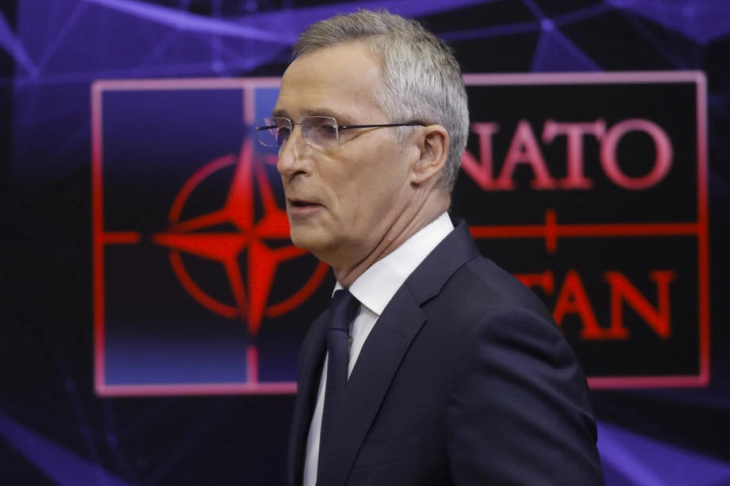NATO wants to drastically increase rapid response force troop levels
- Post By Ivan Kolekevski
- 13:10, 27 June, 2022

Brussels, 27 June 2022 (dpa/MIA) - NATO is to increase troop numbers for its rapid response forces to more than 300,000, Secretary General Jens Stoltenberg said on Monday.
The boost to the NATO Response Force (NRF), which currently comprises 40,000 troops, will be a topic at a summit of NATO leaders in Madrid later this week.
Stoltenberg is expecting NATO leaders to "consider Russia as the most significant and direct threat to our security" at the summit, the secretary general said, speaking at a press conference in Brussels.
Changes to the rapid response force and other responses to Russian threats "constitute the biggest overhaul of our collective defence and deterrence since the Cold War," Stoltenberg said.
"The NRF consists of a highly capable joint multinational force able to react in a very short time to the full range of security challenges from crisis management to collective defence," according to NATO’s website.
In peacetime, NRF troops are usually under national command, but can be requested for deployment to another ally by NATO’s Supreme Allied Commander Europe (Saceur).
NATO countries will have to agree within how many days these troops will have to be ready for deployment, with current discussions that some units need to be operational within a maximum of 10 days, others within 30 or 50 days.
Details for the emergency deployment will be laid down in new regional defence plans, which are to be agreed on next year.
The latest announcement is part of how NATO is planning to strengthen the alliance’s defence and deterrence capacities in Eastern Europe after Russia's war in Ukraine.
Next to increasing the NRF’s troop levels, more military equipment, including heavy weapons, is to be positioned permanently in NATO countries in the vicinity of Russia.
Allied countries also want to increase the number of forces present in Eastern flank nations.
Germany has already announced its plans to send more troops to Lithuania to support a multinational NATO battlegroup in the country.







